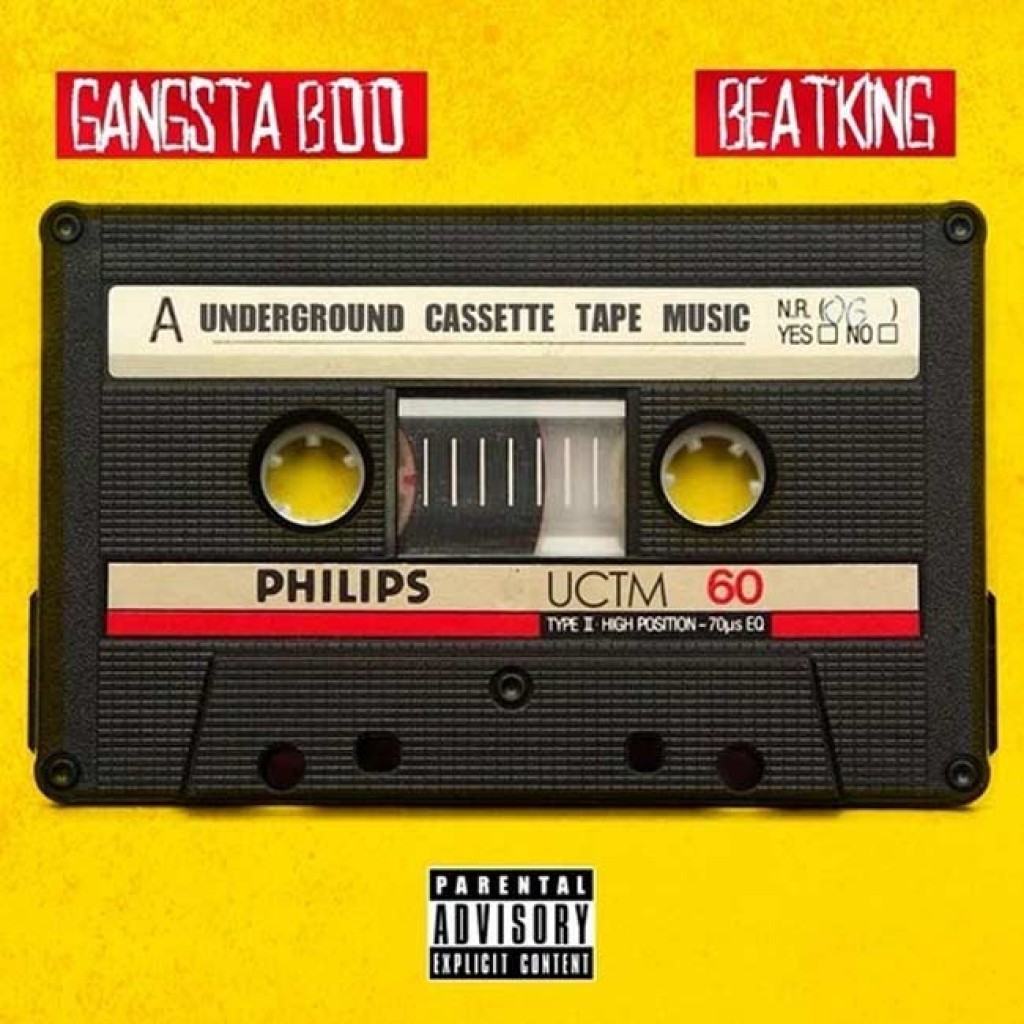Did this lil write up for London's Root & Bone monthly.
How did two feisty designers create palate kicking Chinese cuisine despite a fire, cultural stereotypes, all nighters and zero chef experience? A dab of confidence, loads of motivation and a touch of good natured naivety was their blueprint.
Peiran Gong and Tongtong Ren’s Chinese Laundry Room is nuzzled within Angel’s foodie haven Upper Street. Named after the original immigrant venture, their eatery evokes warm nostalgia through a 80s dining room aesthetic. Interior design outfit Michaelis Boyd Studio crafted a colourful mishmash of kitsch furniture, patterned tiles and kooky vintage art. With a repertoire boasting sweet tofu curd, beer sauce clams and five spice basil popcorn chicken, their food is equally chromatic. Old school exotics such as tripe, trotter, bamboo fungus and chicken carcass also boldly feature. Ren and Gong proudly modernise childhood traditions, educating unfamiliar taste-buds in process.
The pair were unversed with fast food stereotypes before U.K emigration, their methods at odds to the five minute wok toss. “That’s not the type of food we grew up with, so we don’t want to eat that. We don’t really eat stir fried rice and noodles,” Tongtong attests. Foregoing mass production, sleep and sanity, the duo handcraft their dumplings, noodles and spring onion pancakes. Humble flour balls don’t evoke thoughts of precision, but there’s a difficult art to the folds, dough thickness and wrapping technique. It takes four hours to make 150 dumplings, only 30 servings. As a staple food always sold cheaply despite intensive preparation, it's a selfless pursuit. Ren and Gong say valuing all things edible is Chinese tradition. Families often start preparing dinner in the morning and dishes such as Mei Cai Kou Rou (steamed pork with preserves) take hours of concoction. Peiran says “in China, it's impossible to see someone on the street eat a sandwich for lunch. Every single meal has to be hot, cooked food. They can't understand how someone could go for something that easy.”
Oddly, the duo’s unification wasn’t spurred by edible exploits. Both studied design in Bejing and were acquainted by a friendly tutor. Ren and Gong later owned labels until culinary daydreams took charge. Before setting up Chinese Laundry Room in 2015, they’d drag themselves to 4am meat markets after work or a night out. Their visual instincts, honed by the Royal College of Art, remain intact. “We definitely cook and appreciate food from a designer’s perspective, since that is basically our methodology towards everything” affirms Tongtong. Everything from menu illustrations to the candy pink signage smacks of artistic flair. Unfortunately a terrace fire recently seared their meticulous handiwork. Peiran was locked inside, but fled unscathed. Three forensic scientists failed to uncover the inferno’s mysterious cause. Doors are temporarily shut for the next few months, yet the plucky twosome aren’t defeated. They’ve kept occupied with menu brainstorming, a residency at Marylebone’s Carousel venue, and quickly invited me to sample (gorge on) their recent creations.
When arriving at Tongtong’s South London flat, it takes microseconds to spot the flamingo pantene lathered on her door. I’m here to sample perhaps their bravest offering. The century egg. Aged for weeks in clay, ash or rice hulls, the six hundred year old delicacy is a rare sight. Tongtong and Peiran are one of few restaurateurs promoting the preserved nucleus. As white and yolk become dark green, it forms a tar coloured globdule with a potent aroma. My timid nibble is rewarded with a singular experience.
Sliced on soft tofu with a chilli soy vinaigrette, the egg is complemented by diced cashews. Each bite varies slightly in strength, at times rustic or acidic. The flavour variance is caused by salt induced PH chemicals breaking down protein and fat. An acquired taste, but far from stomach shattering, my curiosity is sated. We also feast on meaty whelk snails with celtuce, grandma’s tasty cured sausage on garlic shoot, succulent pig’s head and green wild rice shoots as well as Zhajiang hand pulled noodles and too many other belly stuffers to name.
Ren and Gong’s experiences as well as a passion for family recipes and local produce spur an abundance of authentic taste. Despite shared values, both chefs hail from regions with differing fare. Tongtong was raised in Hubei, an ancient outpost blanketed by rivers and lakes. Locals are spoilt with rice, unique vegetables and fish aplenty. Hubei’s breakfast scene also inspired Chinese Laundry Room’s covetable brunch staples including tomato omelette dumplings and fresh peanut milk. In contrast, Peiran originates from rural Dailan, where options were extremely limited due to a minus thirty climate. “I remember when I was little there were only two types of vegetables, daikon radishes and Chinese cabbage. [Due to shortages] One family in a month, would share one apple. We don’t waste anything.” This scarcity instilled techniques such as spicing, salting, twice or thrice cooking to wrench all flavour. An unfamiliar texture or colour is an easy sacrifice when you’re on day five of radishes. Families also save by making goods like rice wine or tofu and there’s always something hung out to dry.
When I mention how ballsy it is to share authentic fare with unversed westerners, the duo resist any lofty ideals. “It’s like telling a story. When you like something so much, you want to share it with other people,” Tongtong shrugs. “We just make what we like.” Sounds fair to me.











